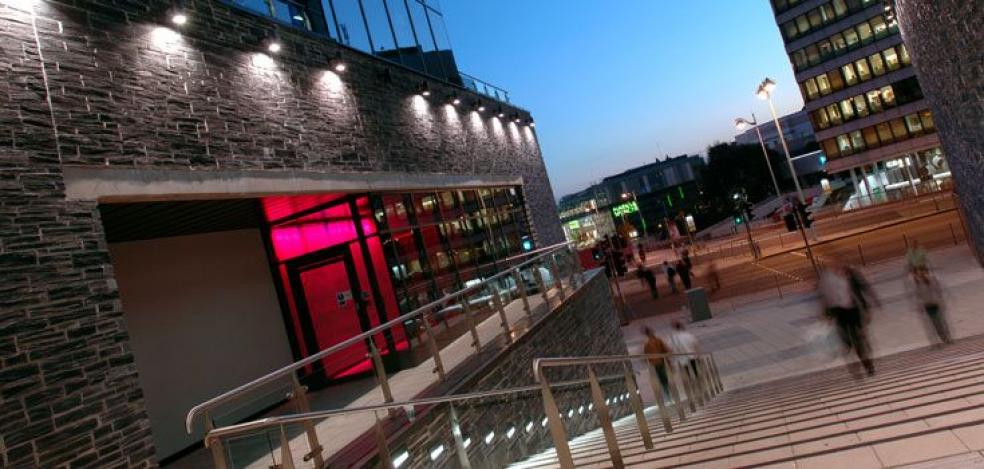
Plymouth universities hit as staff take strike action
Students at Plymouth University and the University of St Mark and St John (Marjon) face disruption today (Thursday 31 October) as staff members of the University and College Union(UCU), Unite and Unison trade unions walk out in a dispute over pay.
The national strike will see UK universities hit with the most widespread disruption for years on Thursday as members of UCU, UNISON and Unite take their first coordinated strike action in a row over pay.
The unions said they were disappointed the employers had refused talks to try and divert Thursday's walkout, but said they are still prepared to meet for eleventh hour talks. However, they also admitted they were not optimistic this would be achieved as the employers had so far refused to talk.
Striking staff at Plymouth University are expected to mount a picket line in Portland Square on the campus.
All three unions said they expected there to be widespread support for the action.
Some classes may be cancelled as staff walk out in protest at a pay offer of just 1%. However university employers have said that the action will have only a "low level of impact".
Unions say that staff have faced a real-terms pay cut of 13% since 2008 - a situation the economic journalist, Will Hutton recently described as one of the most sustained suppressions of pay since the Second World War.
UCU's head of higher education, Michael MacNeil, said: "There is widespread anger over the pay cuts staff have had to endure in recent years and all the reports we are getting is that Thursday's strike will be very well supported. We are amazed the employers are still refusing to sit down with us to try and resolve this without any need for disruption. There are precious few hours left now, but our offer of talks remains open."
UNISON's head of higher education, Jon Richards, said: "We cannot understand the cavalier attitude of the university employers. They are sitting on record surpluses, splashing out on senior management pay but refusing to give a decent wage to the staff who have made UK universities some of the best in the world. The employers still have a chance to avert this strike and we ask them to reconsider and make a decent offer to avoid disruption to students."
Unite's national officer for education, Mike McCartney said: "Our members are taking this action with a heavy heart, but they have had to endure a five-year pay drought. Their contribution should be recognised with a substantial pay rise as household bills, such as energy, are going through the roof. We hope that the strike will focus employers' minds and they realise their staff are their most important asset and reward them accordingly."
The last time there was strike action in universities over pay was in 2006 when members of the University and College Union walked out. This time their colleagues in Unite and Unison are also on strike.
The unions have highlighted that the cumulative operating surplus in the higher education sector is now over £1 billion and many higher education institutions have built up cash reserves. Overall staff costs in higher education, as a proportion of income, have fallen from 58% in 2001/02, to 55.5% in 2011/12.











